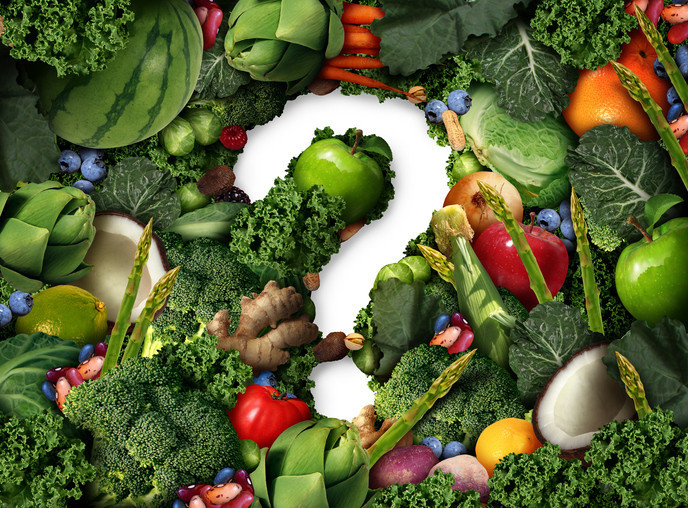
You think you’re eating better, but something still feels off
A switch to plants often starts with energy. Meals feel lighter. Bloating decreases. Cravings fade. You assume your body’s thanking you. But not everything fits neatly. You may skip essential fats. Iron might slowly drop. Some nutrients aren’t obvious. The shift is quiet. Your mood shifts before blood tests do.
Some nutrients aren’t obvious
Calcium can vanish without dairy. Zinc lowers without red meat. Vitamin B12 doesn’t exist in plants. Omega-3 sources shrink. Fiber increases, but absorption doesn’t always follow. You feel good for weeks, maybe months. Then fatigue settles in. Cold hands, poor focus, thin nails—tiny signs you might miss.
You feel good for weeks, maybe months
Initial improvement is common. Less salt, fewer preservatives, cleaner oils. But quantity isn’t quality. Eating vegetables doesn’t mean you’re getting variety. Five foods on repeat still limit your body. Sweet potatoes, avocados, lentils—good, but not forever. Nutritional boredom leads to quiet gaps.
Nutritional boredom leads to quiet gaps
The same breakfast daily feels safe. Smoothies replace meals. Salads lack depth. Grain bowls repeat. Micronutrients depend on rotation. Skipping selenium-rich foods adds up. A plant-based diet isn’t a shortcut. It demands intention. Mindless repetition weakens it.
It demands intention
You can eat a lot and still miss key parts. Processed vegan foods don’t support repair. They imitate flavor, not function. Protein may meet numbers, but miss complexity. Amino acid profiles matter more than labels. Beans can’t replace everything. Soy helps, but excess has its own risks.
Processed vegan foods don’t support repair
A label might say plant-based, but that doesn’t mean nourishing. Oils, flours, sugars—they still dominate. Texture tricks you. Taste wins. Health loses. A burger made of peas isn’t a vegetable. Cheese alternatives often have gums, starches, and salt. The diet changes. But your system stays confused.
Cheese alternatives often have gums, starches, and salt
Creaminess doesn’t equal nutrition. What feels rich may lack structure. Fat-soluble vitamins need more than oil. Your digestion depends on balance. Without real density, meals pass fast. Hunger returns too soon. You start snacking more. But calories can’t fill nutrient gaps.
You start snacking more
Popcorn, nuts, crackers, dried fruit. They seem healthy. But they don’t satisfy deeply. Grazing turns into habit. Meals lose meaning. Blood sugar dips. You feel off, not sure why. Everything you eat looks good on paper. But your energy doesn’t follow.
Everything you eat looks good on paper
Colorful plates look impressive. Photos shine. But digestion says otherwise. Bloating, gas, or fatigue may increase. Cooking methods change absorption. Over-roasting destroys fragile compounds. Raw foods don’t always suit everyone. Fermentation helps some, hurts others. The body speaks quietly.
Raw foods don’t always suit everyone
Smoothies aren’t always gentle. Leafy greens can irritate. Nightshades don’t work for every gut. Reactions are subtle. You think it’s stress. It’s spinach. Or eggplant. Food sensitivities shift over time. You might tolerate something now, but not next year. Plant-based doesn’t mean risk-free.
You think it’s stress. It’s spinach
Symptoms aren’t always dramatic. Sometimes, it’s just feeling slower. Your sleep changes. Your skin dulls. You eat more but gain less strength. You take supplements, but they don’t help right away. The body doesn’t always absorb what you swallow.
You take supplements, but they don’t help right away
Pills aren’t shortcuts. B12 doesn’t act instantly. Iron needs cofactors. Zinc competes with copper. Supplements support, but don’t replace food. They need a system that works. If your gut’s inflamed or unbalanced, absorption fails. You don’t lack nutrients. You lack function.
If your gut’s inflamed or unbalanced, absorption fails
Gut health makes or breaks the diet. Fiber helps, but not in isolation. Over-fermentation causes bloating. Some fibers feed harmful bacteria too. Fermented foods aren’t magic. Kombucha isn’t a cure. Your microbiome needs care, not trends. Digestion must feel steady.
Your microbiome needs care, not trends
You scroll for recipes, try something new, but your body still resists. What works for others doesn’t always work for you. A blog isn’t a diagnosis. Symptoms aren’t solved by almond milk. You change brands, switch grains, avoid gluten. But sometimes it’s about what’s missing, not what’s included.
Sometimes it’s about what’s missing, not what’s included
You eliminate dairy, meat, and eggs. But you don’t replace them correctly. Subtraction without substitution creates emptiness. A meal might feel full, but it isn’t complete. Over time, hunger becomes fog. Your brain feels slower. You move less. You rest more. Something’s not right.
